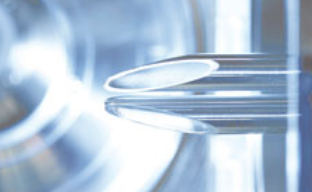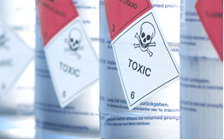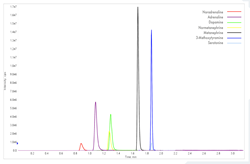Catecholamines are neurotransmitters produced by the adrenal gland. Once released in the body, they induce physiological changes including an increase in heart rate and blood pressure. The release of these molecules also involves bronchodilation, tachypnea and reduction of insulin resulting in the release of glucagon which is converted into blood glucose. However, their excessive production in the blood (which then also affects the urinary level) can be a symptom of pheochromocytoma, neuroblastoma and, occasionally, of other neuroectodermal tumors.
Serotonin is a neurotransmitter produced at the gastrointestinal level, mainly involved in the sleep/wake cycle, hunger/satiety, intestinal motility, mood, memory and libido. It is also considered the molecule that regulates good mood and for this reason it is also known as the "happiness hormone". A lack of serotonin leads to fibromyalgia, a disease characterized by pain and perennial muscle tension, at the origin of stiffness and difficulty in movements. An excess of serotonin instead leads to serotonin syndrome, characterized by headache, agitation, confusion, tremors, muscle twitching, chills, tachycardia, sweating, nausea and diarrhea.
EUM17100_FloMass® Cathecolamines, free Metanephrine and Serotonin in Urine






